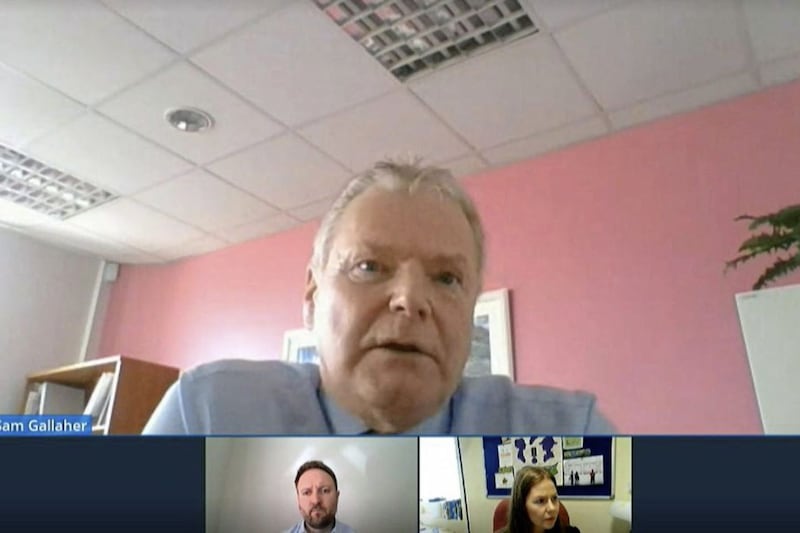THE professional body for teachers is still not able to regulate serious misconduct - two decades after it was set up.
The assembly education committee heard yesterday from General Teaching Council for Northern Ireland (GTCNI) chief executive Sam Gallaher.
The body both registers and upholds standards for teachers.
While it was given powers to consider cases of serious misconduct, and strike off teachers, it has not been able to do this.
It was placed in `special measures' six years ago after an independent review highlighted "dysfunctional relationships" between senior figures.
A report found that "conflict, mistrust, personality clashes and negative perceptions" had arisen.
The committee was told there were 59 live cases involving teachers, of which 12 had been considered to be "a potential risk".
Of those 12, eight are still registered while four either retired or stopped paying registration fees.
In five cases, the employer process concluded the accusations had no substance and teachers were safe to remain in the classroom.
Members were told that these teachers would have been subjected to school, employer or police investigations but not GTCNI processes.
Committee chairman Chris Lyttle said it was extremely concerning that the council could not regulate misconduct and asked if children were at an increased risk.
Mr Gallaher said the GTCNI should be able to perform a `gatekeeping' role in protecting the profession.
"We do have a role to play in the safeguarding for children," he said.
"Can we fully regulate at the minute? No we can't, because of the current nature of case law and the legal advice that we have received means that we would be subject to significant challenge if we proceeded along the regulatory way.
"Does that mean that children are at increased risk? We still get referrals and we monitor those referrals, and we risk assess those referrals. Where the employer process is finished, we would highlight where we think a risk may exist, but that's really as far as we can go."
Daniel McCrossan of the SDLP said he had serious concerns about risk to pupils.
"If an employer process concludes and the teacher is dismissed due to a professional misconduct matter, but if GTC cannot regulate, is there a danger that they could get teaching employment elsewhere, or perhaps even in another jurisdiction as a result of that?" he asked.
Mr Gallaher said there was a level of communication between regulatory bodies across the UK and Ireland.
"However, if a teacher was to, in a situation of gross misconduct, to resign or be dismissed, in the absence of anything like a conviction or the Disclosure and Barring Service taking action, within our current legislative framework we are limited in what we can do.
"Is there a risk they could work somewhere else? I have to say there probably is that risk, but it is for employers to make sure that they do the necessary checks before they would appoint anybody."
Committee deputy chairman Pat Sheehan of Sinn Féin said it was clear there were teachers who were not meeting professional standards.
"As a result, there appears to be the potential for risk to some of our children in schools. There would also appear to be a difficulty in terms of their learning if teachers are under-performing and can't be regulated," he said.








